Refine listing
Actions for selected content:
2251 results in Cambridge Elements

What Is Life? Revisited
-
- Published online:
- 10 October 2025
- Print publication:
- 13 November 2025
-
- Element
- Export citation
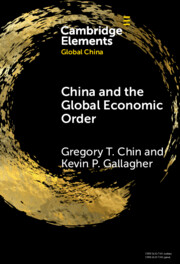
China and the Global Economic Order
-
- Published online:
- 10 October 2025
- Print publication:
- 31 December 2025
-
- Element
-
- You have access
- Open access
- HTML
- Export citation

Gerald Gardner and the Creation of Wicca
-
- Published online:
- 10 October 2025
- Print publication:
- 30 October 2025
-
- Element
- Export citation
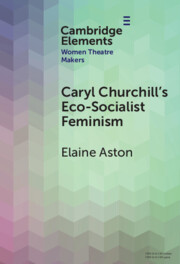
Caryl Churchill's Eco-Socialist Feminism
-
- Published online:
- 07 October 2025
- Print publication:
- 06 November 2025
-
- Element
- Export citation
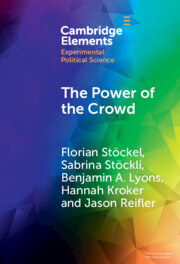
The Power of the Crowd
- How the Public Can Both Spoil and Improve Social Media as a Source of Information
-
- Published online:
- 07 October 2025
- Print publication:
- 06 November 2025
-
- Element
-
- You have access
- Open access
- HTML
- Export citation

Eastern Philosophy and Classical Theism
-
- Published online:
- 06 October 2025
- Print publication:
- 30 October 2025
-
- Element
- Export citation

Hegel and Colonialism
-
- Published online:
- 06 October 2025
- Print publication:
- 04 December 2025
-
- Element
-
- You have access
- Open access
- HTML
- Export citation

Deep Learning in Quantitative Trading
-
- Published online:
- 03 October 2025
- Print publication:
- 30 October 2025
-
- Element
- Export citation
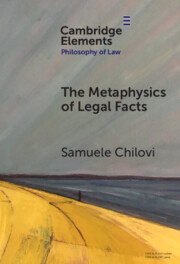
The Metaphysics of Legal Facts
-
- Published online:
- 30 September 2025
- Print publication:
- 30 October 2025
-
- Element
-
- You have access
- Open access
- HTML
- Export citation

Evolutionary Selection and Keynes–Schumpeter Macroeconomics
-
- Published online:
- 30 September 2025
- Print publication:
- 16 October 2025
-
- Element
-
- You have access
- Open access
- HTML
- Export citation

English Madrigals on the Jesuit Stage
- Musical Theatre of Martyrdom at the Venerable English College, Rome
-
- Published online:
- 30 September 2025
- Print publication:
- 30 October 2025
-
- Element
- Export citation
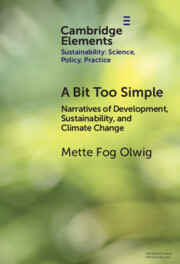
A Bit Too Simple
- Narratives of Development, Sustainability and Climate Change
-
- Published online:
- 30 September 2025
- Print publication:
- 30 October 2025
-
- Element
-
- You have access
- Open access
- HTML
- Export citation
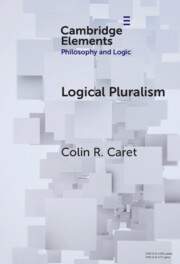
Logical Pluralism
-
- Published online:
- 30 September 2025
- Print publication:
- 23 October 2025
-
- Element
- Export citation
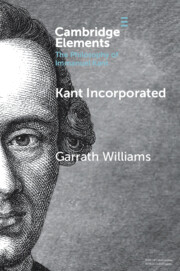
Kant Incorporated
-
- Published online:
- 30 September 2025
- Print publication:
- 30 October 2025
-
- Element
-
- You have access
- Open access
- HTML
- Export citation

Cardiac Disease in Pregnancy
-
- Published online:
- 30 September 2025
- Print publication:
- 08 January 2026
-
- Element
- Export citation
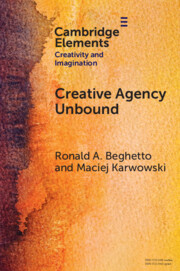
Creative Agency Unbound
-
- Published online:
- 30 September 2025
- Print publication:
- 23 October 2025
-
- Element
- Export citation
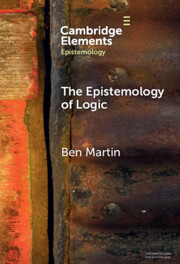
The Epistemology of Logic
-
- Published online:
- 29 September 2025
- Print publication:
- 23 October 2025
-
- Element
-
- You have access
- Open access
- HTML
- Export citation

Bureaucratic Resistance in Times of Democratic Backsliding
-
- Published online:
- 26 September 2025
- Print publication:
- 16 October 2025
-
- Element
- Export citation
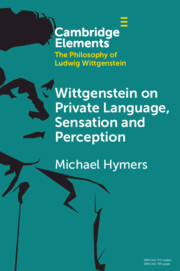
Wittgenstein on Private Language, Sensation and Perception
-
- Published online:
- 26 September 2025
- Print publication:
- 23 October 2025
-
- Element
- Export citation

The Scope of Evolutionary Thinking
-
- Published online:
- 23 September 2025
- Print publication:
- 23 October 2025
-
- Element
-
- You have access
- Open access
- HTML
- Export citation
